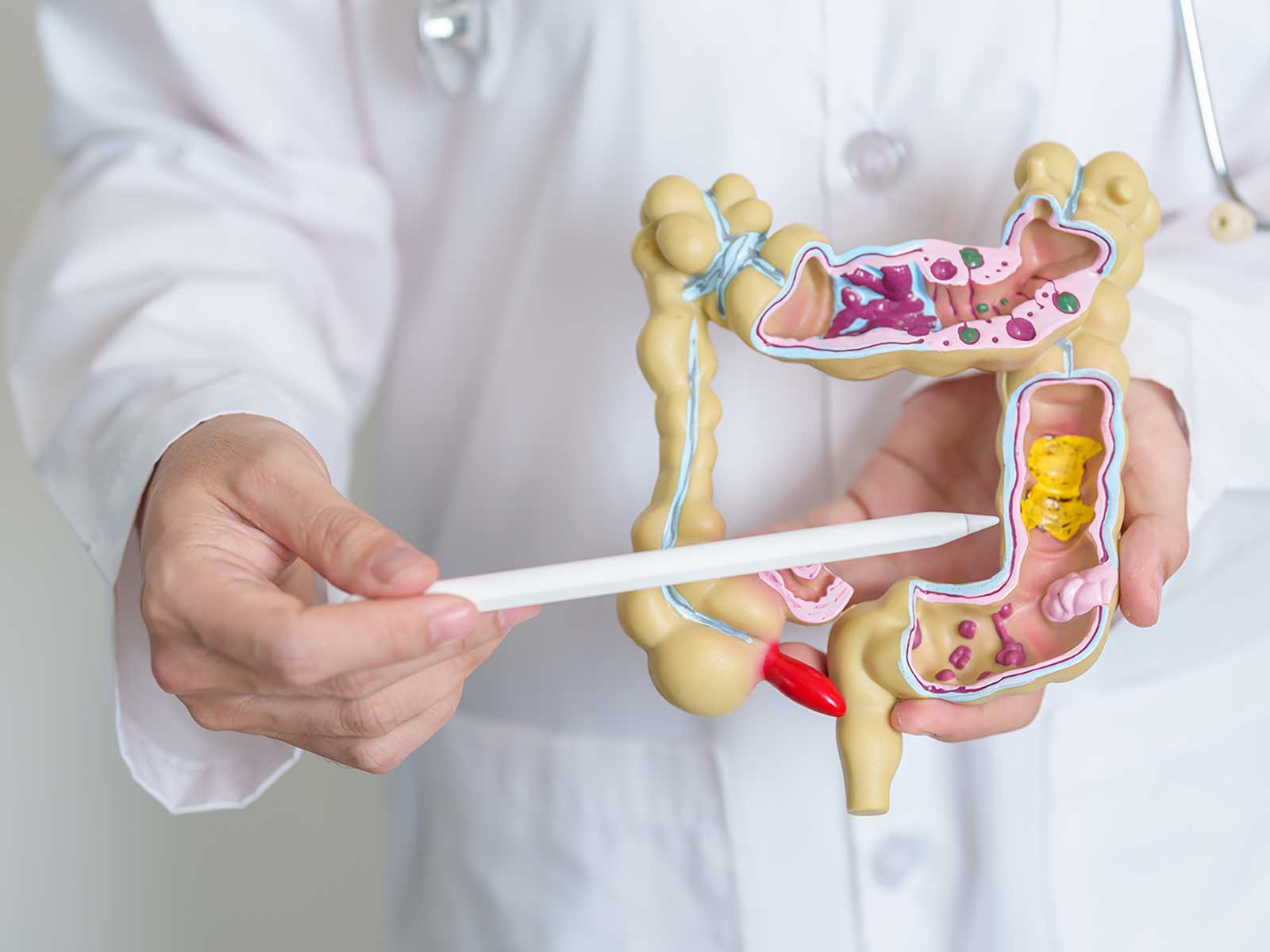
The indeterminate colitis is a type of inflammatory bowel disease (IBD) and demonstrates the characteristics of both Crohn and ulcerative colitis. When the physicians are not quite able to determine just which one of them it is following a colonoscopy, and the process of the biopsy, this term is employed. Early diagnoses will assist in the correct therapy.
Symptoms may change; however, most commonly they can be:
No particular causes have been identified but a number of factors can contribute:
We are GastroDoxs located in Houston that specializes in the diagnosis and treatment of indeterminate colitis on a patient-first basis. Our professional GI team will remain committed to delivering you long term relief with diligence on proper diagnostics, based on individual custom-made treatment plans, support, and education. Wait- Reserve your appointment now and make the first step to better digestive health.
We've successfully treated more than 1.5K patients, helping individuals improve their digestive health and overall well-being through expert, personalized care.
With over 20 years of experience, GastroDoxs has been a trusted provider of gastroenterology care, focusing on delivering the best outcomes for patients
ICD-10 of indeterminate colitis is K52.3.
Unclear features between ulcerative colitis and Crohn’s disease are shown in indeterminate colitis, and it is hard to determine which of the two is this one.
It may be severe but it can be treated with proper diagnosis and treatment when identified early yielding proper results, then the treatment may be provided, thus recording good quality of life.
Although the symptoms can be alleviated through dietary modifications, most patients must be treated with medications-either aminosalicylates, steroids or biologics-in order to manage the inflammation.
Diagnosis usually takes place through, colonoscopy with biopsy and at times requires taking by imaging tests to eliminate other types of IBD.
An operation is considered last care when other such treatments as medications and lifestyle changes do not manage severe or persistent symptoms. We use best surgeons when required in Houston.
Yes. We would refer you to both local and online support groups in Houston to help you cope with your condition and exchange experiences with other people.
Some of the triggers are stress, infections, some foods, nonsteroidal anti-inflammatory drugs (NSAIDs). A flare frequency can be reduced with the help of managing them.
Active symptoms are followed by a normal period of visits every 3-6 months. After stabilization, you might receive fewer follow ups that were advised by the doctor.
GastroDoxs in Houston is a clinic specializing in any kind of IBD, such as indeterminate colitis, with custom-built treatment, nutritional counseling, and support.